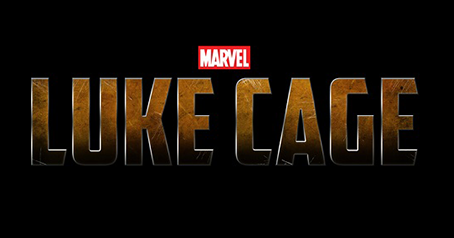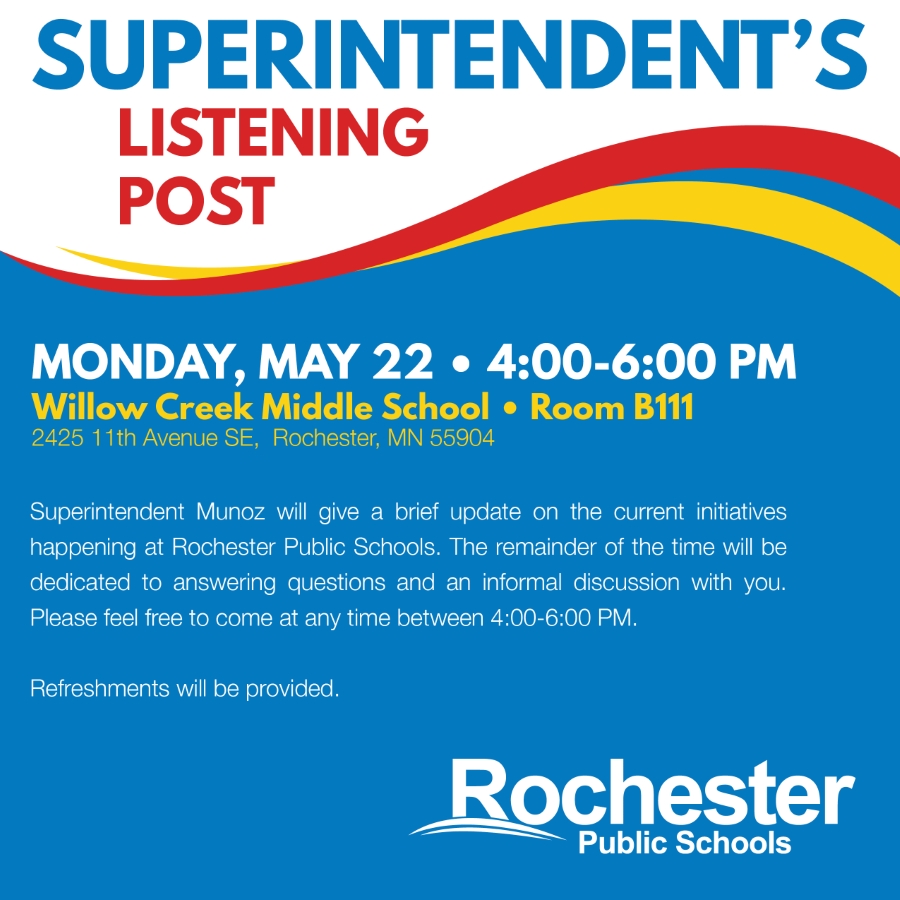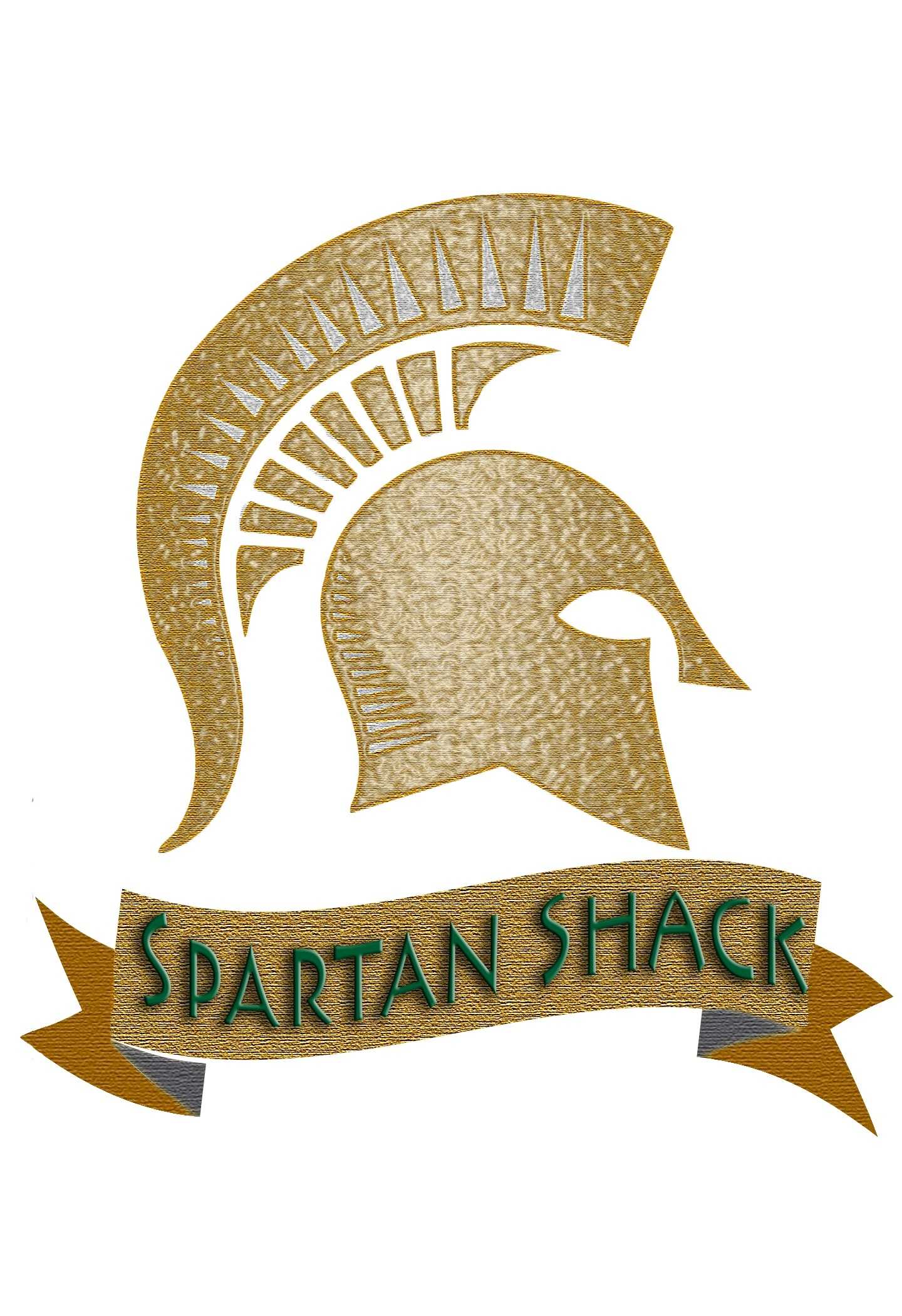Marvel’s New Netflix Series: Luke Cage
December 22, 2016
Coming from the same minds behind Daredevil and Jessica Jones, Luke Cage is Marvel’s third Netflix series. A blaxploitation tv-series (a series containing many African American cultural elements), the show focuses on Luke Cage, a former convict who is drawn into the criminal underbelly of Harlem. Luke Cage is a good show, with amazing directing and acting, but it fails to live up the standards of the other mentioned Netflix originals.
The show is set in Harlem, which feels less like a set piece and more like a living, breathing community. Jazz music erupts from apartments, and everyone knows each other. Harlem is also a place of crime. Kids grow up on the streets; everyone owns a gun, and a feared crime lord seeks to take over the neighborhood. Harlem is presented as a place in need of a hero, a hero… for hire.
Luke Cage (portrayed by Mike Colter), is Marvel’s best hero to date. A bulletproof, one-liner-quipping hero with the power to toss his enemies around like leaves, Luke definitely brings some much-needed heart and laughter to the MCU. He’s less serious and moody than the other heroes featured in Netflix original shows, and this cancels out unneeded drama. Luke is also Marvel’s most reluctant hero. He works as a floor sweeper at a barber shop, and if that doesn’t tell the viewers that he lives a quiet life, I don’t know what would.
A Marvel series is only as good as its villain, and Luke Cage has multiple. Feared crime lord Cornell “Cottonmouth” Stokes (Mahershala Ali), and his cousin Mariah Dillard (Alfre Woodard), dominate the first half of the season, accompanied by a mysterious adviser named Shades (Theo Rossi). Luke Cage likes to focus on its rogues gallery, and while each character is given time to shine, and shine they do, Cottonmouth is the one to steal the show. He’s a man who wants to be the king, as he says. One part finds him standing in front of a Biggie Smalls poster, and the crown of the late rapper seems to float on Cottonmouth’s head. It displays the man’s attitude, while also keeping with the theme and lifestyle of Harlem.
In the second part of the season, we are introduced to the villainous Diamondback (Erik LaRey Harvey). A Bible-quoting, psychopathic menace who has beef with Luke, Diamondback takes over the role of the main villain. He is also, sadly, the weakest part of this series. His only motivation for wanting to fight and kill Luke involves his daddy issues. I’m dead serious. The lengths at which he goes to to get “revenge” on Luke is absurd, and relies way too heavily on cheap coincidences. There are also the annoying Bible-oriented speeches that he gives, which takes away whatever menace he had to begin with. Trust me when I say that Diamondback is a villain… just for the sake of being a villain.
On the good guy side, there aren’t many. Besides Luke, Detective Misty Knight (Simone Missick) and nurse Claire (Rosario Dawson) show up. Misty is, for the most part, off doing her own thing, and this doesn’t really make her seem like she is a big part of the story. My favorite Misty moments were the times when she imagines crime scenes as they happen. She puts herself in the middle of the scene, and in doing some Batman-like crime solving, sees the events as they unfold.
Claire is introduced halfway through the show. The latter has appeared on the other Marvel Cinematic Universe (MCU) shows, and this is the one time when I felt she was able to really shine. She had a minimal role in Daredevil, and only a guest appearance in Jessica Jones. Each time it felt like she was just kind of shoehorned in, but Luke Cage turns her into a full blown character we can actually care about.
The lack of good guys is also a detriment to the series. Jessica Jones, for example, had one villain and numerous side characters. All of these side characters were fleshed out (Luke was even a character on the show), and not one of them was safe, but in Luke Cage, they don’t have enough side characters to kill off. Viewers will know what happens before it happens.
The plot is something else. The first part of the season starts off slow, but eventually finds itself. It’s compelling to watch the conversations between Cottonmouth and his cousin Mariah, or see Luke beat up thugs. Harlem is depicted as a castle without a lord, a kingdom without a king. Cottonmouth wants it for his own purposes, while Luke just wants to keep it safe from people like him.
The second half of the show shook my interest, however, nearing boredom. The feared, charismatic villain, is replaced by a paper thin, value brand bad guy. The story at this point shifts to the point of not making sense, and the progression of said story feels like it is traveling at a snail’s pace.
A big highlight of the show, for me, was the soundtrack. I love all types of music, and Luke Cage brings about a melting pot of different tastes. Harlem has always been a place of great musical diversity, so the funk, jazz, rap, blues, and hip hop add culture to the setting to give it a bit more “umph.” Also, major props go out to Luke Cage for featuring Wu Tang Clan. It proves directors today still have good musical tastes.
Fight scenes in Luke Cage can’t hold a candle to Daredevil’s brutal beatdowns, yet they are great in their own way. Luke is a tank; he charges into battle, knocking people down and shrugging off their attacks as if they had splashed water onto him. The environment becomes a destructible paradise of violence, as Luke punches into walls or tosses motorcycles at his enemies. There were times I even laughed out loud, because Luke throws these idiots around so easily that it’s comical to watch. One episode sees Luke breaking into a building similar to Fort Knox. He just kicks down the door, walks in, then beats everyone up. Guns, knives, machetes, hurtful words – nothing can harm him.
This show packs a great deal of heart. It’s hard to say where exactly it gets it right: maybe it’s Mike Colter’s excellent portrayal of a hero who just wants to be left alone. It could be the world building that surrounds Harlem, making it feel like a living, breathing place. Luke Cage, above all, feels like a long Marvel comic; it feels exactly how a superhero show should feel: with a superhuman hero fighting bad guys, trying to protect the innocent, and occasionally sweeping floors. The villains in this series get their time to shine, and come off more like human beings than just villains. While the plot slows down at times, especially during the second act, the show is definitely worth watching for the good episodes it does have. If you like Marvel Comics, you will like Luke Cage. If you find superhero tv shows to be boring or uninteresting, Luke Cage will do nothing to change your opinion.
7.5/10




